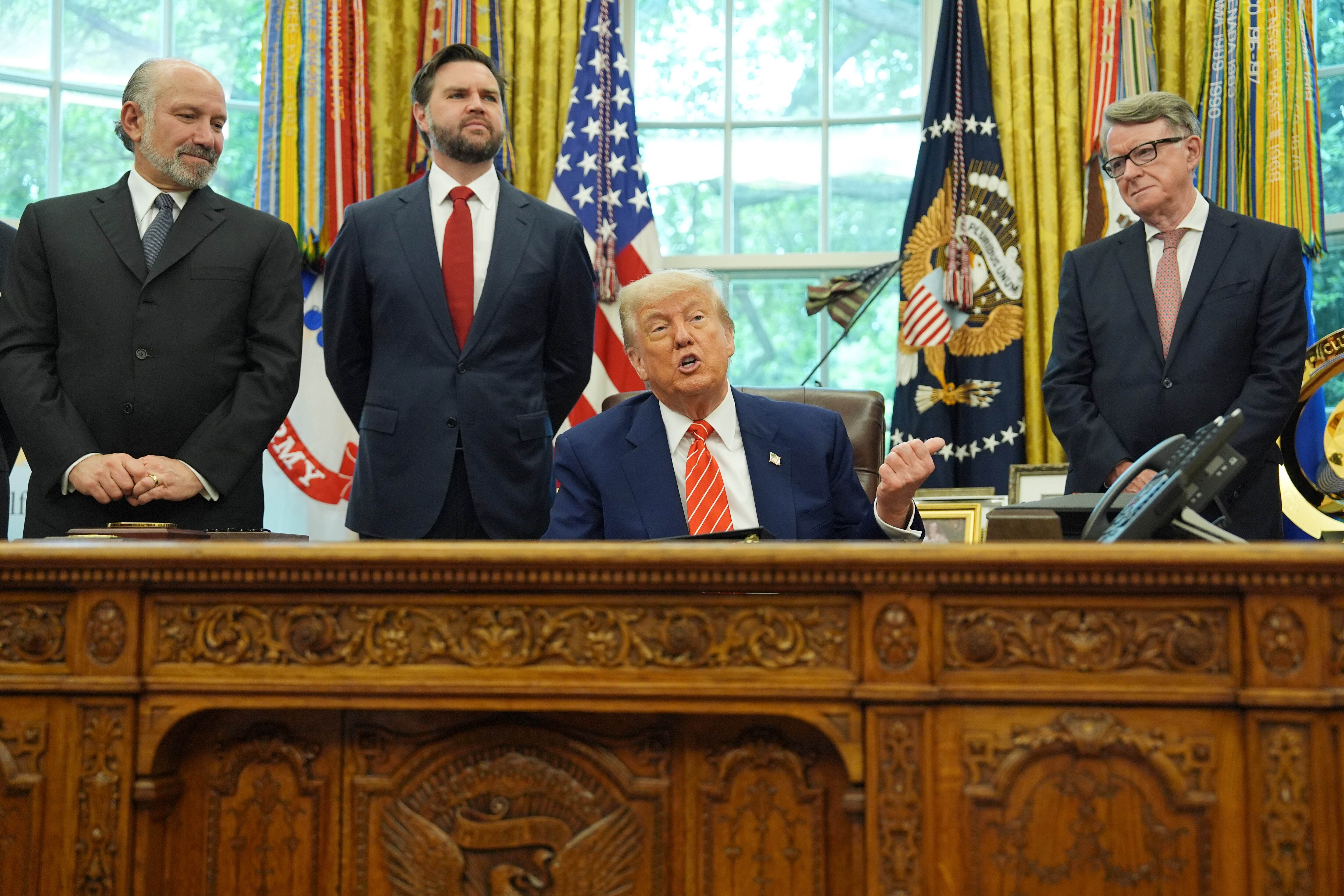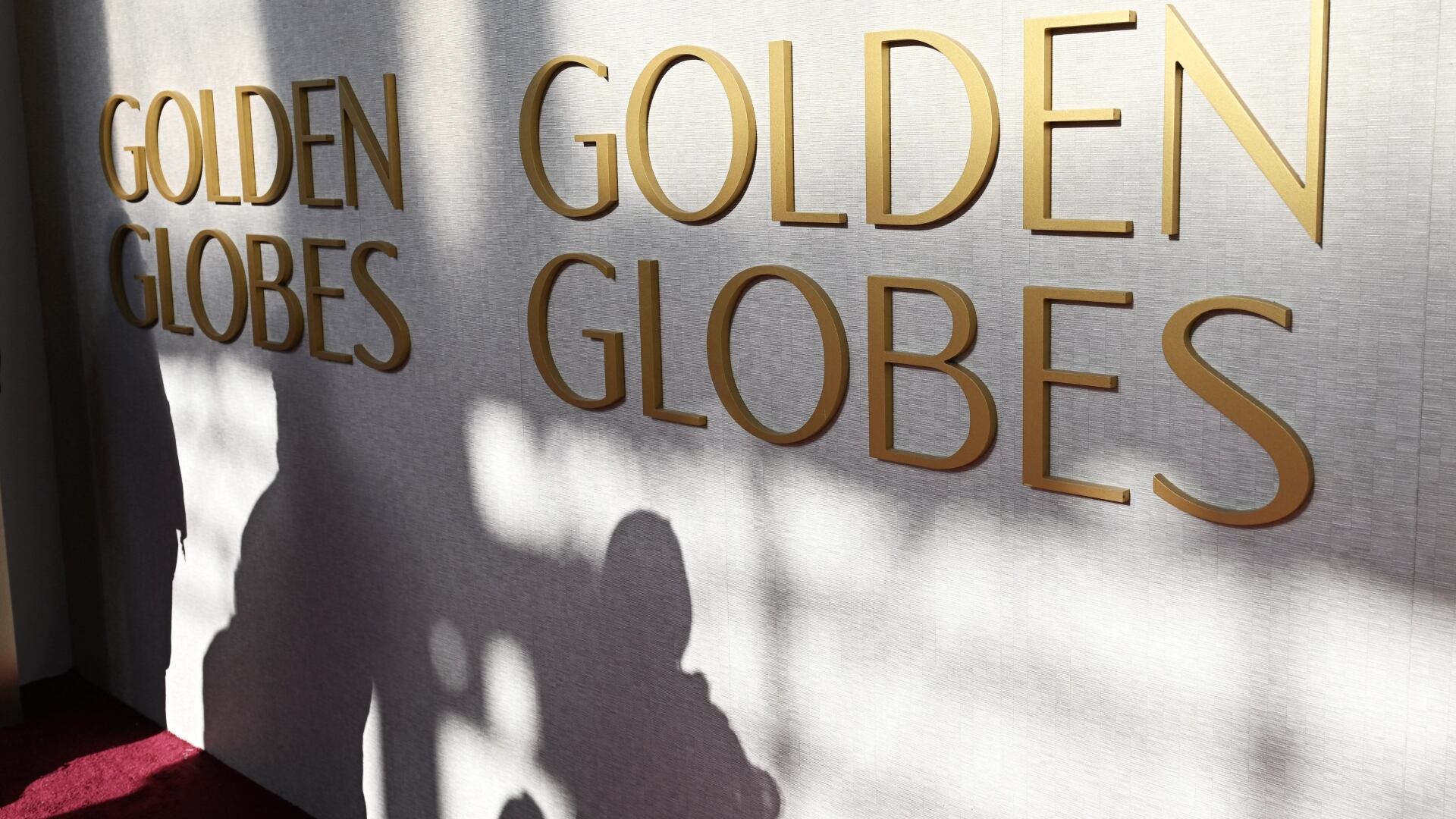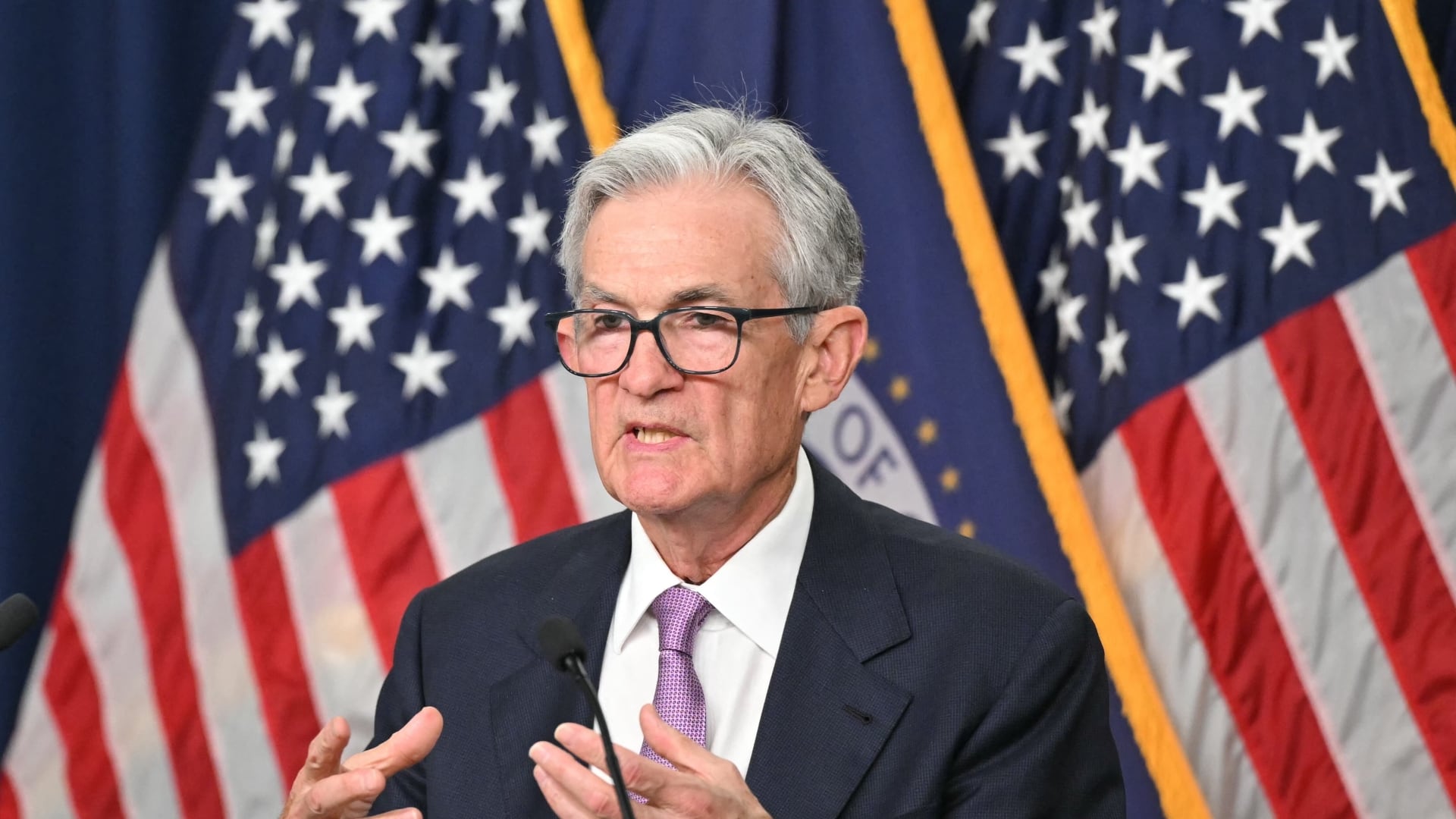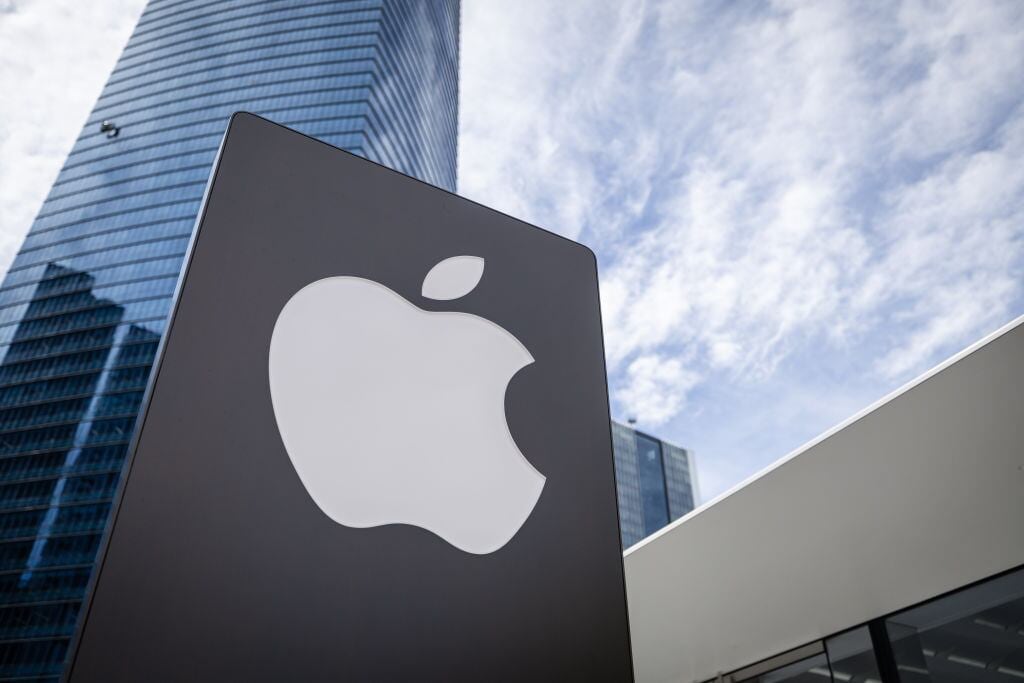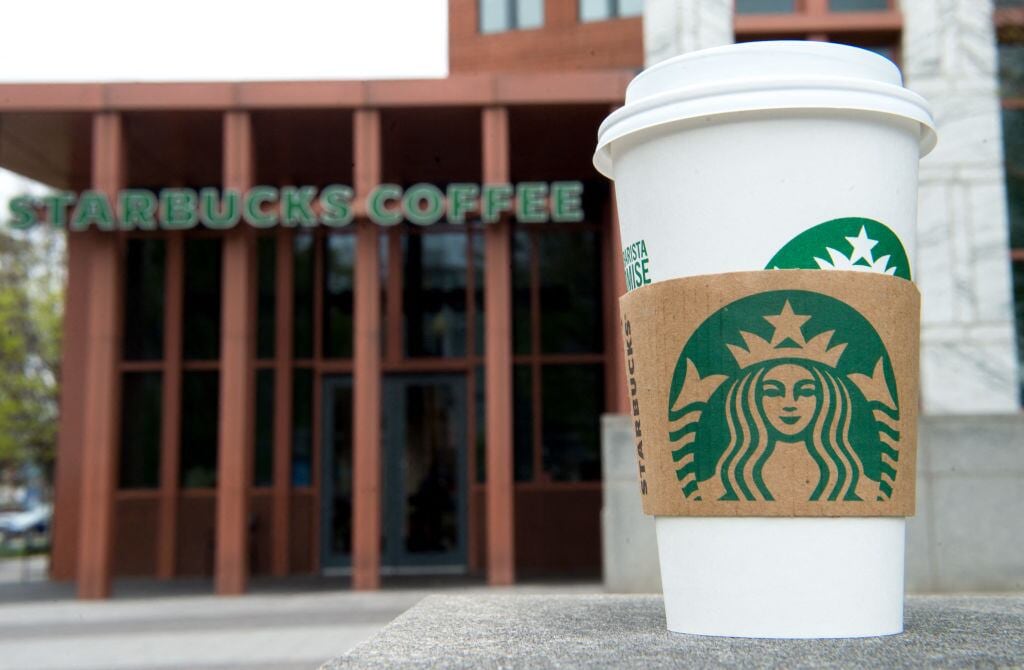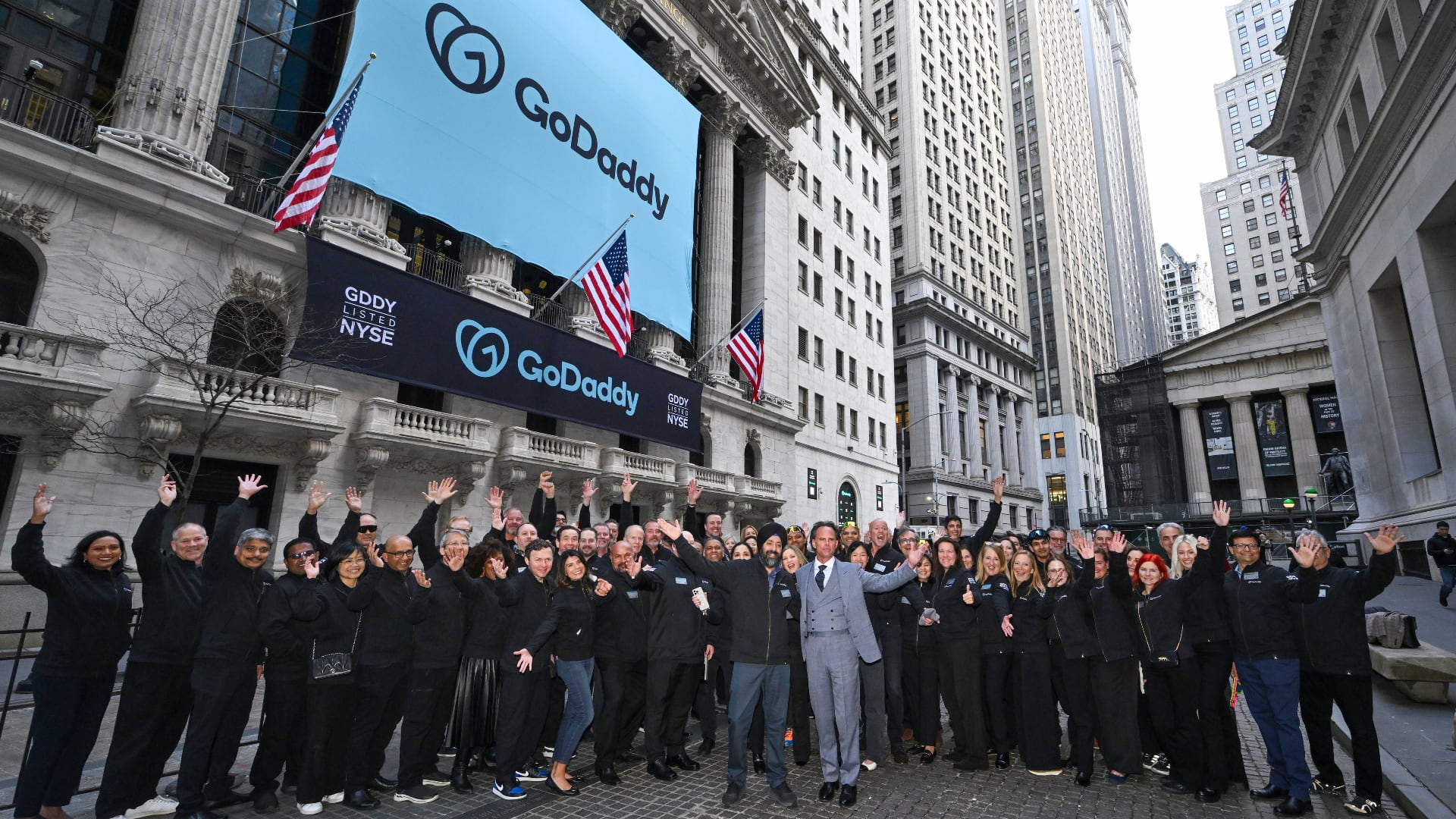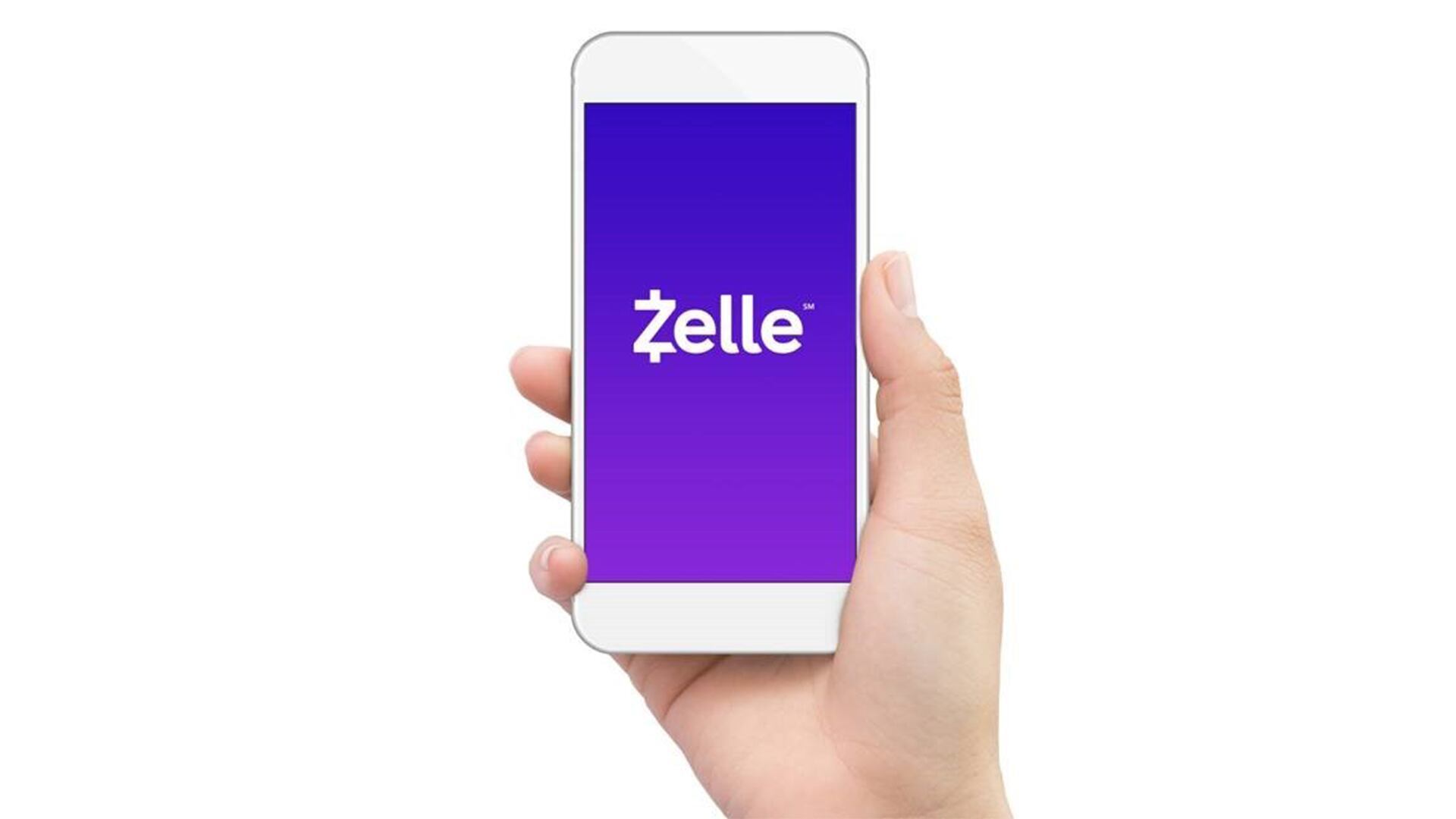*By Conor White* Though he sued Mark Zuckerberg for stealing the idea for Facebook, Divya Narendra said he's excited about the future of the social media giant, and sees Facebook as a good investment. "If you have a long-term mindset, this is probably one of the cheapest stocks you can own," said Narendra in an interview Thursday with Cheddar's Kristen Scholer and Brad Smith. "On a price-to-earnings basis, or on a price-to-growth basis, really versus any other stock in this sort of large cap universe." Narendra hit Zuckerberg with an intellectual property suit for allegedly stealing the idea for Facebook while the two were students at Harvard. They settled in 2009 for around $65 million ー $20 million in cash and 1.25 million Facebook shares. Despite that antagonistic history, Narendra is bullish on Zuckerberg's company. "You saw a 15 to 20 percent drop in the stock off of bad PR, which is I think a solvable problem," said Narendra. "I guess that's how the markets work, but clearly an overreaction." Narendra is the chief executive of SumZero, an investment website for professional investors. For the full interview, [click here](https://cheddar.com/videos/facebook-looks-to-future-after-beating-earnings-expectations).
